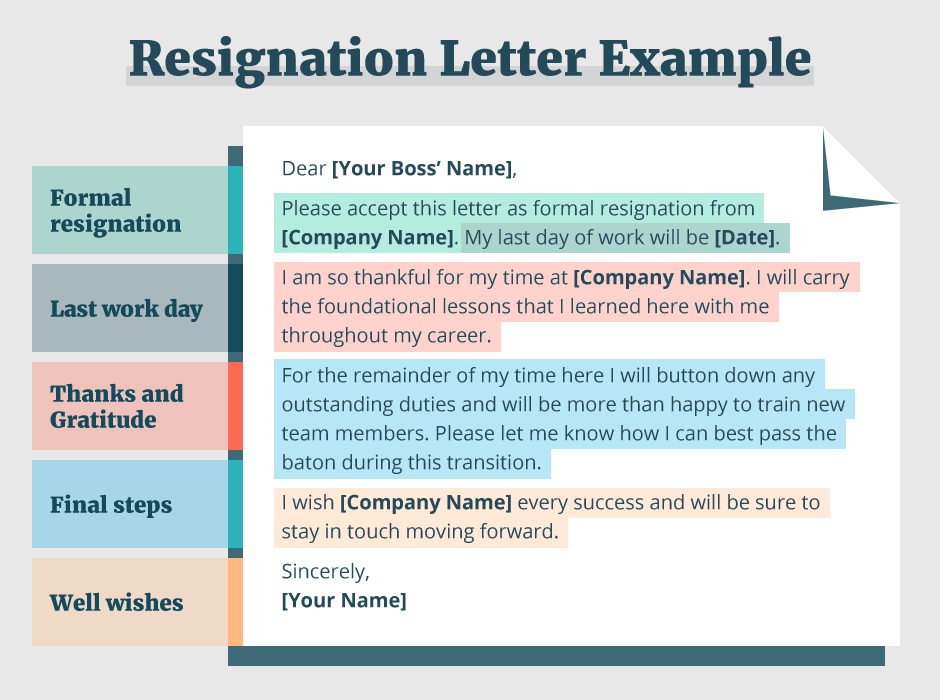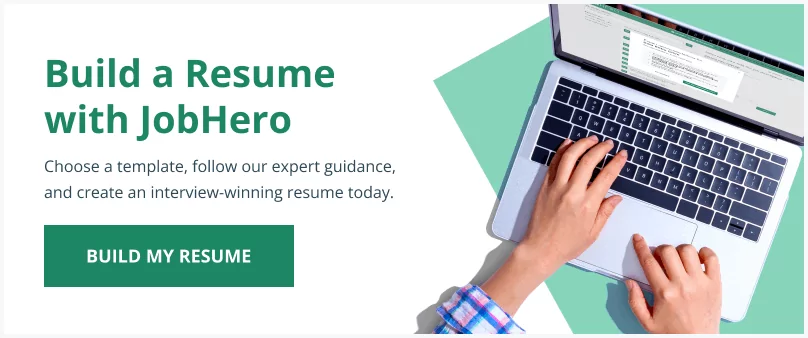If you’re a working member of society, you will likely quit a job in your career. After all, when you get hired at a company, it can only end in four ways. You can retire, get laid off, be terminated or quit. Though quitting is an uncomfortable reality of being an employee, if done correctly, submitting your resignation letter can be a great move for your life and career.
Once you decide to leave your position, plan to exit with grace and professionalism. No matter the circumstances, bad or good, preserving references and future opportunities can make a difference down the road. In most cases, it is best to secure a new position before leaving, give at least two-weeks notice to your current employer and hand in an official resignation letter. These steps will typically ensure that you leave the company on good terms, though every situation will require different final steps. To ensure that you quit without burning bridges, use these scenarios to guide your resignation.
Need cover letter guidance? Add a cover letter to your resume using our cover letter formats how-to guide and add value to your resume.
Boost your resume with an extra click. Our cover letter templates match our resume templates’ designs for a cohesive application. Use a template in our builder to help you quantify and expand upon the experience from your resume and impress employers.

Create your professional resume in just minutes.
- Choose from 20+ recommended templates
- Add pre-written experiences, skills and summary
- Download and send
- Featured in:
You Found a Better Fit
Whether you are actively searching for a new role or one falls in your lap, a better fit is worth pursuing. This scenario is especially common for employees who start their first job and realize that it is not the right position for them. To make this transition, thank your employer for the opportunity and express your gratitude by doing whatever is necessary to make the hand-off as painless as possible.
What to say: “Thank you for giving me this opportunity, it helped me discover my true passion.”
What to do: Prepare a document with your processes and tips to help your successor.
Pursuing Higher Education
When you have reached limitations in your career, it may be time to go back to school. If you are interested in future opportunities with the company after your education is complete, initiate an ongoing relationship with your supervisor. To stay in touch, you can connect every quarter on LinkedIn or plan to catch up over coffee.
What to say: “Though it is difficult to leave, I am excited to use this experience in the classroom.”
What to do: Check in with your connections for references and future opportunities.
You Were Laid Off
In the past year, this scenario has become all too common as millions of employees were laid off due to COVID-19. Though laid-off employees do not choose to leave their position, it is also not the same as getting fired. Employees who are laid off have the opportunity to respond in two ways. They can let their emotions take over, or leave with poise to retain job references and be considered for future internal positions as they become available.
What to say: “May I use you as a professional reference on my next adventure?”
What to do: Stay in contact with your manager in case there is an opportunity for rehire.
You Aren’t Challenged

Once you have been in a position for a long time, you might find that you are bored and hungry for a challenge. If your employer refuses to promote you or give you additional responsibilities, leaving your dead-end position may be the best decision. Once you give notice and submit your letter of resignation, make a plan to give upward feedback about your experience.
What to say: “I will carry the foundational lessons that I learned here with me throughout my career.”
What to do: Provide upward feedback about ways that they can improve growth tracks.
Work is Affecting Your Health
In some situations, quitting is not just a choice, it is a necessity. Whether your company has failed at cultivating a work-life balance, the physical labor is damaging your body or the bad work culture is toxic to your mental health, you have the right to leave that position. If you find yourself in this scenario make a plan to provide constructive feedback about the issues you faced at work. This can look like an exit interview or a thoughtfully worded email to your manager. Take care to only provide constructive, solutions-oriented feedback instead of a list of complaints.
What to say: “I feel that a different route is best for me. I’m happy to provide feedback as I leave.”
What to do: In your exit interview, make constructive suggestions for increasing work-life balance.
It’s Time for a Career Change
According to a recent survey, 49 percent of full-time U.S. workers have made a drastic career change and for those that haven’t, 65 percent have considered it. If you are one of the majority and are considering making a career change, retaining your relationships at your current job is vital. If you are pivoting to a position without years of previous experience, you will need strong references to vouch for your work ethic and soft skills. If you have some flexibility when you resign, offer to stay long enough to train your replacement. This will show your employer that you value the company and want to leave your position in good hands.
What to say: “It was not an easy decision, but I’ve decided to pursue a different career path.”
What to do: Offer to train the replacement employee who is hired for your position.
In the United States, workers have roughly 12 jobs during their life and stay an average of 4.2 years. That means that in the course of your career you may need to quit a position once, twice or even 12 times. When it is time to put your existing skills to practice, use these tips to help make your plan.

Though quitting a job can be an uncomfortable task, approaching it with grace and professionalism can make the process less painful and can help your career in the long run. As you move furrowed in your career, prospective employers will undoubtedly check with your references on your resume before extending an offer. So as you leave, use these tips to preserve your references and network.
BLS 1, 2, Conference Board




